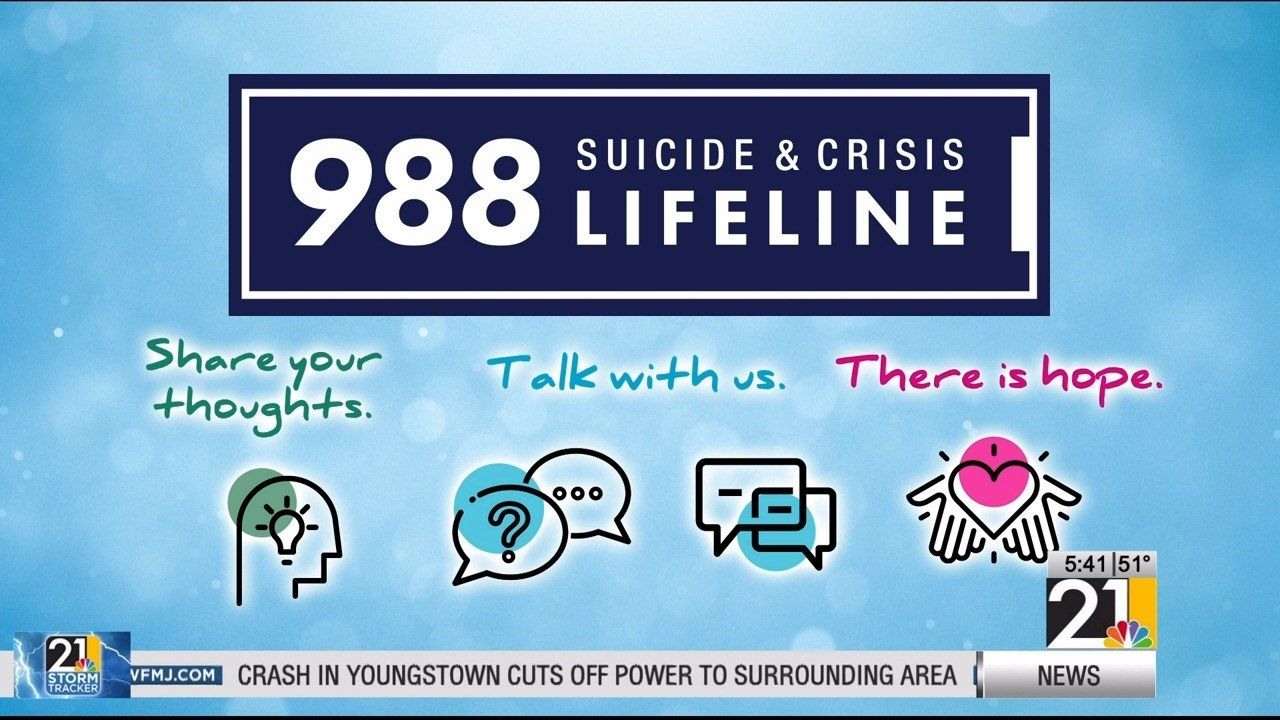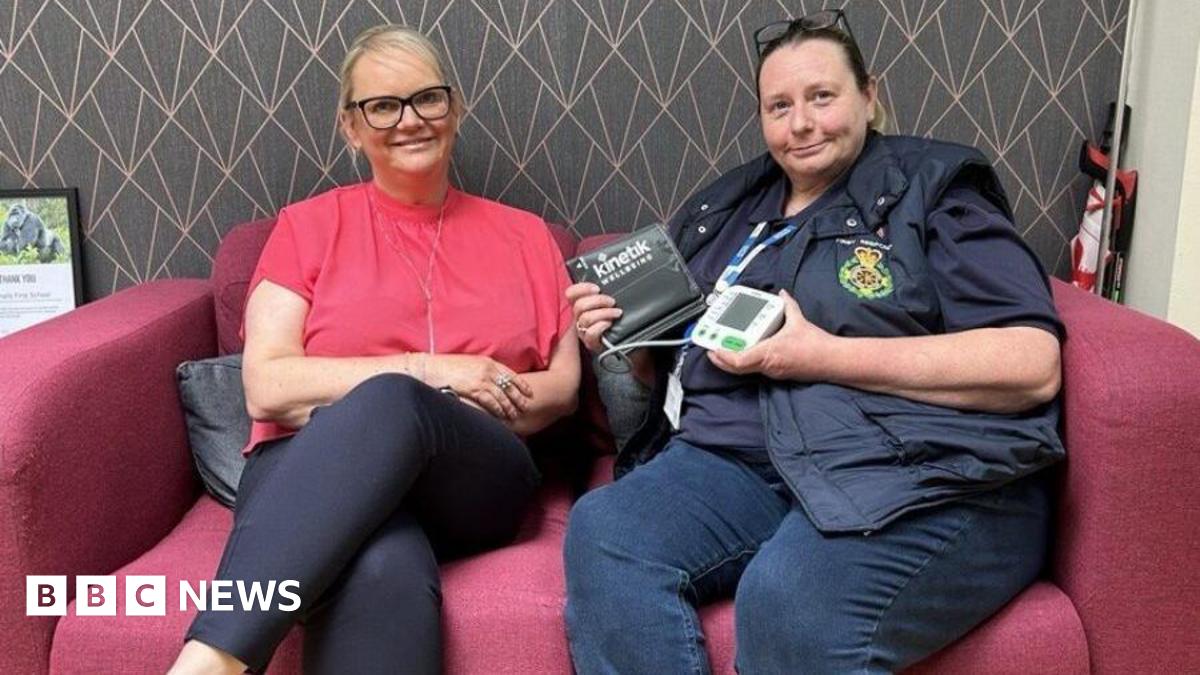Breaking the Chains: Why Seeking Mental Health Support Shouldn't Be a Stigma in Ireland

In Ireland, as across the globe, a significant barrier to accessing vital mental health care isn't a lack of services, but a deeply ingrained stigma. The outdated and harmful belief that seeking help is only for those experiencing 'severe' mental illness is a pervasive issue, preventing countless individuals from getting the support they need. This misconception creates a culture of silence and shame, often leading to delayed intervention and worsened outcomes.
The Roots of the Stigma
Historically, mental health has been shrouded in misunderstanding and fear. Old stereotypes portray individuals with mental health challenges as unpredictable, dangerous, or somehow ‘less than’. These harmful narratives, often perpetuated by media portrayals and a lack of open conversation, have created a societal judgment that discourages people from reaching out. For many in Ireland, there's a fear of being labelled, judged by family and friends, or even facing discrimination in their personal and professional lives.
The Impact of Silence
The consequences of this stigma are far-reaching. People struggling with anxiety, depression, or other mental health concerns often suffer in silence, afraid to admit they’re struggling. This reluctance can lead to isolation, decreased productivity, strained relationships, and a decline in overall well-being. It's crucial to remember that mental health challenges can affect anyone, regardless of age, gender, socioeconomic background, or lifestyle.
Challenging the Narrative
Fortunately, the tide is beginning to turn. Increased awareness campaigns, celebrity endorsements, and open discussions are helping to dismantle the stigma surrounding mental health. Here's how we can all contribute to a more supportive and understanding society:
- Educate Yourself: Learn about different mental health conditions and challenge your own biases.
- Open the Conversation: Talk openly about mental health with your friends, family, and colleagues. Normalizing the conversation is key.
- Be an Ally: Offer support to those who are struggling and challenge stigmatizing language or behaviour.
- Promote Early Intervention: Encourage people to seek help early on, rather than waiting until a crisis point.
- Support Mental Health Organizations: Donate to or volunteer with organizations that provide mental health services and advocate for change.
Mental Health is Healthcare
It’s vital to understand that mental health is an integral part of overall health and well-being. Just as we seek medical attention for a physical ailment, we should feel comfortable seeking support for our mental health. Therapy, counselling, and other forms of mental health care are not signs of weakness, but rather acts of strength and self-care.
Resources in Ireland
If you or someone you know is struggling with their mental health, here are some valuable resources in Ireland:
- Samaritans: 116 123 (Freephone, 24/7)
- Crisis Text Line: Text HELLO to 50808
- Your Mental Health: https://yourmentalhealth.ie/
- Jigsaw: https://jigsaw.ie/ (For young people aged 12-25)
- ReachOut Ireland: https://ie.reachout.com/
Let's work together to break the chains of stigma and create a society where everyone feels empowered to prioritize their mental health and seek the support they deserve. It's time to make seeking help a sign of courage, not shame.





